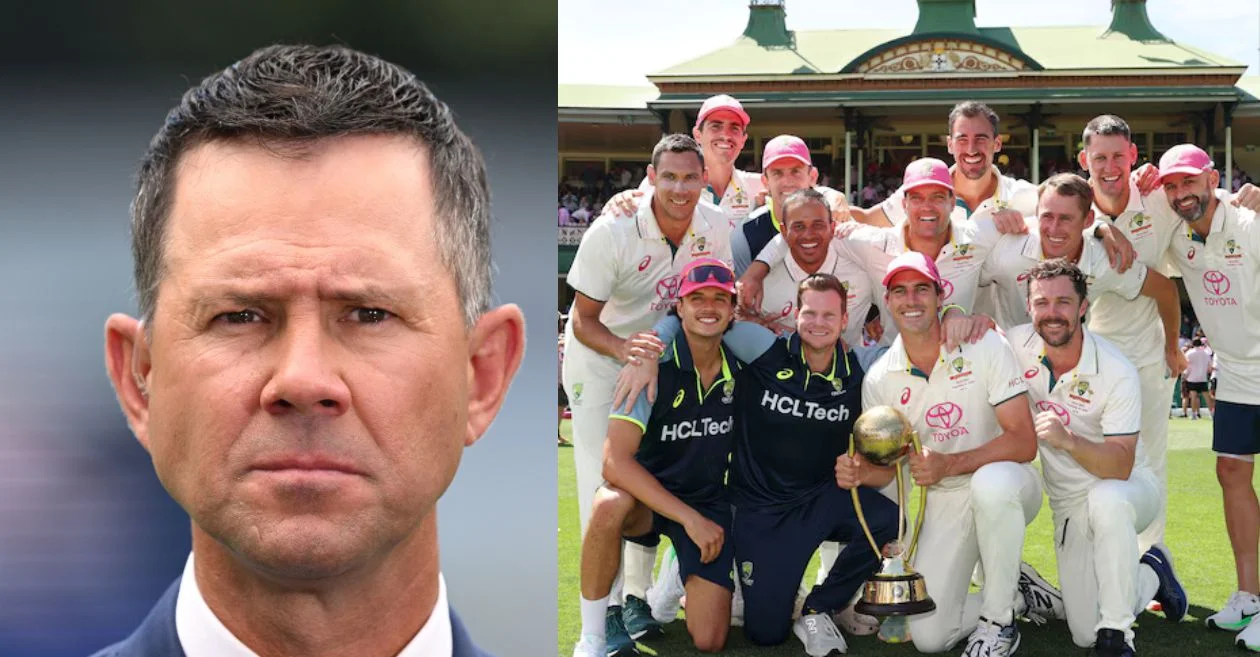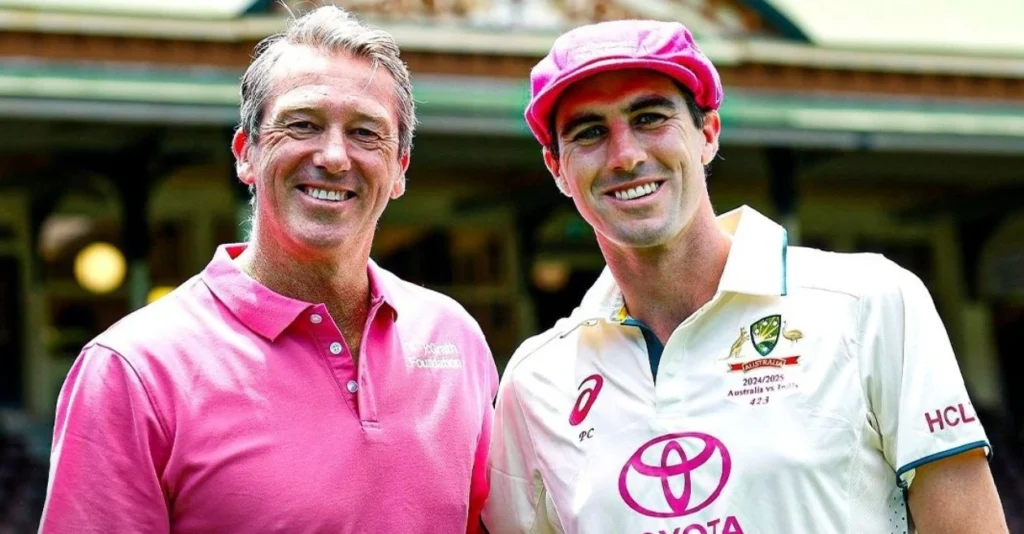Australia celebrated a historic 3-1 series victory over Indiarecovering the prestigious Border-Gavaskar Trophy (BGT) 2024-25 for the first time in a decade. The triumph, sealed with a six-wicket victory in the final Test, ended India’s 10-year dominance in this major competition. It marked a pivotal moment for the Australian cricket team, a testament to their grit, determination and hunger to restore their supremacy in red-ball cricket after enduring several setbacks in this fiercely contested rivalry.
Australia’s turning point against India
The series started on a difficult note for the Australians in Perth where India put in a commanding performance. jasprit bumrahThe fiery spells exposed weaknesses in Australia’s batting line-up, while Yashasvi Jaiswal and Virat Kohli collected brilliant centuries to give India a comfortable victory. This initial defeat not only took a toll on Australia’s morale but also sparked intense introspection within the team. Questions about his approach, preparation and execution dominated discussions, both within the dressing room and in cricket circles. The defeat was a wake-up call that ultimately fueled Australia’s resurgence.
Australia’s turnaround began with a dominant display in the pink ball Test in Adelaide. The home team demonstrated their ability to thrive under pressure, leveling the series with a clinical victory. The third Test in Brisbane ended in a close draw, but it was the Boxing Day Test in Melbourne that really defined Australia’s resurgence. A commanding performance in both batting and bowling allowed them to take control of the series. When the final Test arrived in Sydney, Australia were brimming with confidence and secured the Border-Gavaskar Trophy with an emphatic display under Pat Cummins.
Booking a place in the 2023-25 WTC final against South Africa
The series win was particularly significant as it ended India’s 10-year reign over the BGT. Australia had last won the trophy during the 2014-15 season, defeating India 2-0 in a four-match home series. Since then, India had claimed four consecutive series victories, including two on Australian soil, historic triumphs that solidified their reputation as one of the strongest Test teams. Regaining the trophy in 2024 was not just about breaking the streak but about reestablishing Australia’s position as a powerhouse in Test cricket.
Beyond the BGT, this series victory also secured Australia’s qualification for the World Test Championship (WTC) Final. This marks their second consecutive appearance in the WTC final, where they will face South Africa. The team’s ability to dominate in the longer format reflects its consistency and adaptability in challenging conditions. The WTC final offers Australia a golden opportunity to assert its dominance on the world stage, following its redemption arc against India.
ALSO READ: No Pat Cummins as Australia unveil Test squad for Sri Lanka tour; Cooper Connolly wins his first call-up
Ricky Ponting highlights Australia’s next hurdles after BGT series win
While the victory against India was a monumental achievement, Australian cricket legend Ricky Ponting issued a sobering reminder about the challenges ahead. Ponting highlighted the aging composition of the Australian team, noting that the team is largely made up of players in their 30s, with only one teenager among them. He stressed that this success, although notable, should not overshadow the need to prepare for the future.
“There is no 20-year-old player on that team. You have one 19 year old and all the others over 30. That will be the next challenge for this Australian group. That will be the next challenge for this Australian group, not just for the Australian team, but for Australian cricket: to bring in this new group of young players. “There are not many opportunities that present themselves.” Ponting said in ICC Review.
He highlighted that the tours to Sri Lanka and the West Indies, scheduled before the Ashes, present critical opportunities to blood young talent. However, it also recognized the complexity of such transitions, particularly in challenging environments such as the conditions conducive to Sri Lanka’s effects.
“We have a tour of Sri Lanka and then the West Indies before The Ashes next summer. If they want to bring in young players, they should probably start in Sri Lanka and the West Indies. And if you bring young players on the Sri Lanka tour, it will not be an easy place for anyone to start.” Ponting concluded.

 Workout
Workout
 Meditation
Meditation




 Contact Us
Contact Us







![OFF vs. IND [WATCH]: Ricky Ponting's double standard criticizing Virat Kohli while ignoring his own past in the 4th Test Ricky-Pontings-double-standards-criticizing-Virat-Kohli-while-ignoring-his-own-past-in-AUS-vs-IND-4t.jpeg](https://fittofar.com/wp-content/uploads/2024/12/Ricky-Pontings-double-standards-criticizing-Virat-Kohli-while-ignoring-his-own-past-in-AUS-vs-IND-4t-1024x534.jpeg)


